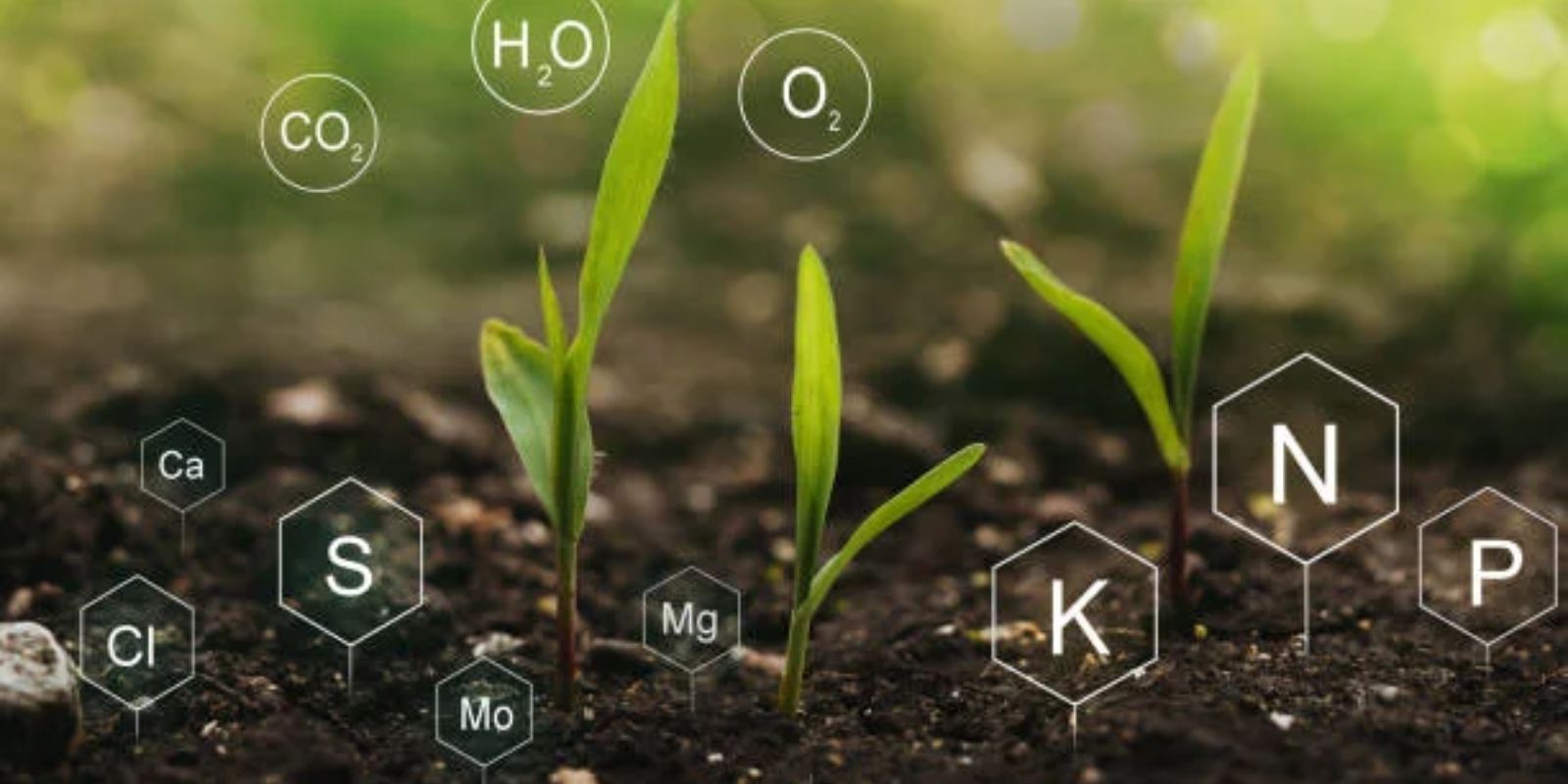Introduction:
Nitrogen is one of the most important nutrients in vegetable gardening, often regarded as the backbone of plant nutrition. Its significance in promoting vigorous growth and ensuring high yields cannot be overstated. This article delves into the role of nitrogen in vegetable fertilization, offering practical advice on how to use it effectively for a thriving garden.
Understanding Nitrogen’s Role in Plant Growth
Nitrogen is a fundamental component of amino acids, the building blocks of proteins, which are essential for plant growth. It plays a critical role in several key processes:
- Photosynthesis: Nitrogen is a major component of chlorophyll, the pigment that captures light energy for photosynthesis. Without sufficient nitrogen, plants cannot produce adequate chlorophyll, leading to poor growth and reduced yields.
- Leaf Growth: Nitrogen stimulates the production of lush, green foliage. Healthy leaves are crucial for maximizing photosynthesis and overall plant health.
- Vegetable Production: While nitrogen promotes leaf growth, it also supports the production of fruits and vegetables. Adequate nitrogen levels ensure that plants have the energy needed for fruit and vegetable development.
Choosing the Right Nitrogen Source
To effectively use nitrogen, selecting the right fertilizer is essential. Here are some options:
- Synthetic Fertilizers: Fertilizers with a high nitrogen content, such as 10-10-10 or 20-10-10, are commonly used. These fertilizers provide a quick boost of nitrogen and are readily available at garden centers.
- Organic Fertilizers: Organic options like composted manure, blood meal, and fish emulsion are excellent choices. They release nitrogen slowly and improve soil health over time.
- Legumes: Growing nitrogen-fixing plants, such as beans and peas, can naturally increase soil nitrogen levels. These plants form symbiotic relationships with soil bacteria that convert atmospheric nitrogen into a form usable by plants.
Applying Nitrogen Fertilizers Effectively
To get the most out of nitrogen fertilizers, follow these guidelines:
- Timing: Apply nitrogen early in the growing season when plants are establishing themselves. This initial boost supports strong growth and development.
- Application Rates: Follow the manufacturer’s instructions for application rates. Over-fertilizing can lead to excessive leaf growth and reduced fruit production.
- Frequency: Depending on the fertilizer type, you may need to reapply nitrogen periodically. For example, synthetic fertilizers may require multiple applications, while organic fertilizers release nutrients slowly over time.
- Incorporation: For granular fertilizers, incorporate them into the soil before planting. This ensures that nitrogen is available to plant roots from the start.
Monitoring Plant Health
Regularly monitor your plants for signs of nitrogen deficiency or excess:
- Nitrogen Deficiency: Look for yellowing leaves, particularly older ones. This indicates that the plant is not getting enough nitrogen. Adjust your fertilization plan to address this deficiency.
- Excess Nitrogen: Excessive nitrogen can lead to overly lush foliage at the expense of fruit production. If plants are growing excessively without producing fruit, reduce nitrogen levels and balance with other nutrients.
Balancing Nitrogen with Other Nutrients
While nitrogen is crucial, it’s important to maintain a balanced nutrient profile. Vegetables also need phosphorus for root development and potassium for overall health and fruit quality. Use a complete fertilizer or supplement with additional nutrients as needed.
Tips for Sustainable Nitrogen Use
- Soil Testing: Conduct soil tests to determine existing nitrogen levels and avoid over-application. This helps tailor your fertilization plan to meet the specific needs of your garden.
- Organic Matter: Incorporate organic matter such as compost into the soil. This improves soil structure, enhances nutrient availability, and promotes beneficial microbial activity.
- Cover Crops: Plant cover crops like clover or vetch during the off-season. These crops fix nitrogen in the soil, reducing the need for synthetic fertilizers and improving soil fertility.
Conclusion
Mastering the role of nitrogen in vegetable fertilization is key to achieving a healthy, productive garden. By understanding its benefits, choosing the right sources, applying them effectively, and monitoring plant health, you can ensure optimal growth and yields. Embrace these practices to cultivate a flourishing vegetable garden and enjoy the fruits of your labor.
Motivation:
Unlock the full potential of your vegetable garden by harnessing the power of nitrogen. Implement these strategies to boost plant growth, enhance yields, and create a garden that thrives. Start today and watch your vegetables flourish!

